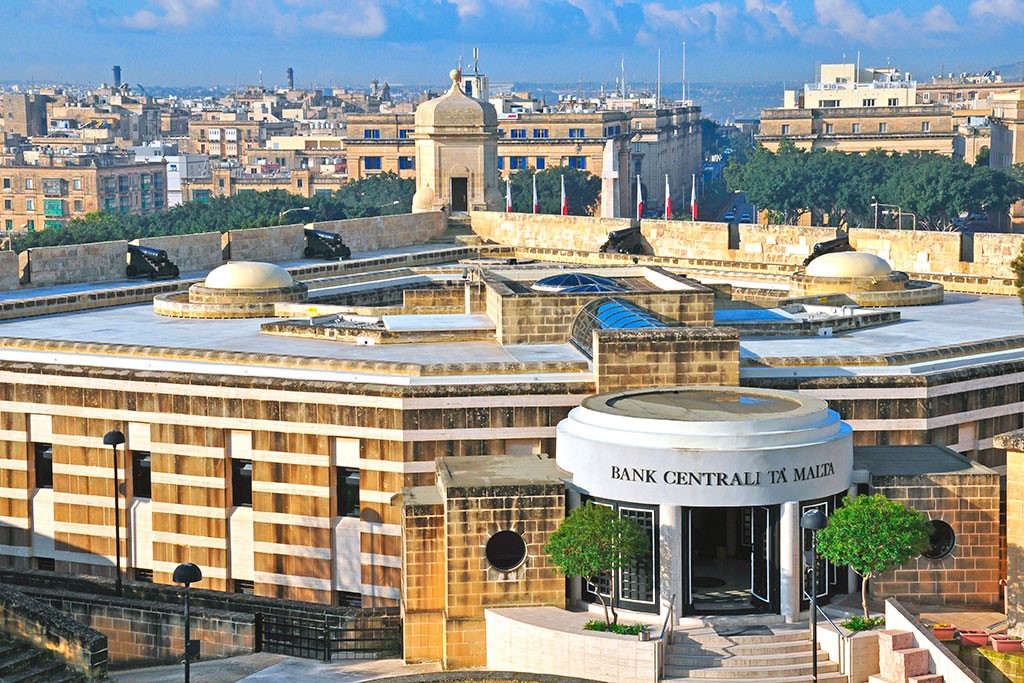The Central Bank of Malta has opened a call for papers for a conference addressing the themes of competitiveness and productivity in a “disintegrating global economy”, taking place in June.
The conference, in collaboration with Comp-Net, a competitiveness research network, the National Statistics Office, and Germany’s Halle Institute for Economic Research, will take place at the Central Bank of Malta on 20th-21st June, 2024.
With the European Union placing competitiveness at the heart of its policy agenda, the issue is becoming ever more salient, with a drive to foster innovation, efficiency and productivity within firms to enable them to compete effectively on the global state.
However, this drive is threatened by increasing concerns that “the international environment is far from ensuring a fair playing field, ridden as it is from uncompetitive practices and more aggressive and generalised industrial policies”, with the risk that “enhancing EU competitiveness could equate to raising trade protection barriers.”
The organisers note that these dynamics “are likely to take added complexity, as we are living in a world increasingly affected by geopolitical tensions and conflict that are causing further disintegration of the global economy. The resulting disruptions to global investment, production and trade can adversely affect the normal functioning of firms, posing significant challenges to their productivity and competitiveness.”
Keynote speakers for this event are internationally renowned expert Gianmarco Ottaviano from Bocconi University and Jonathan Haskel from Imperial College London. Their insights promise to enrich the dialogue on competitiveness, firm dynamism, resilience, and productivity, particularly within the EU context.
In calling for papers, “understanding how firms navigate these challenges, adapt their production processes, and manage resources is key,” while “equally important is the role of policy interventions in supporting firms to maintain their competitiveness, particularly when they are more exposed to the disruptions to economic activity and increasing obstacles to trade caused by geopolitical tensions and conflict.”
Submissions are open but not limited to those addressing migration, climate change, tax and industrial policy, trade sanctions and barriers and the re-orientation of global supply chains, large fluctuations in energy and other input prices, and persistently higher interest rates and financial constraints.
“This conference seeks to explore these issues and their implications for firm dynamism, resilience and productivity, competitiveness, investment and employment and earnings, with a particular but not exclusive focus on the EU context. The insights gained will not only contribute to academic discourse but also inform policy decisions, ensuring that the drive for competitiveness aligns with the principles of open and fair trade.”
The submission period is open until 1st February, with decisions notified by 1st March. Find out more here.
Government introduces mandatory physical inspection for vintage vehicle classification
From 1st September 2025, vehicles seeking vintage status must undergo a physical inspection by the official classification committee
Local filmmakers paid just €250 to screen at Mediterrane Film
The figure stands in stark contrast to the estimated €5 million total spend
Malta International Airport closes in on one million passengers in June
Meanwhile, aircraft traffic movement rose by 4.5 per cent year on year






